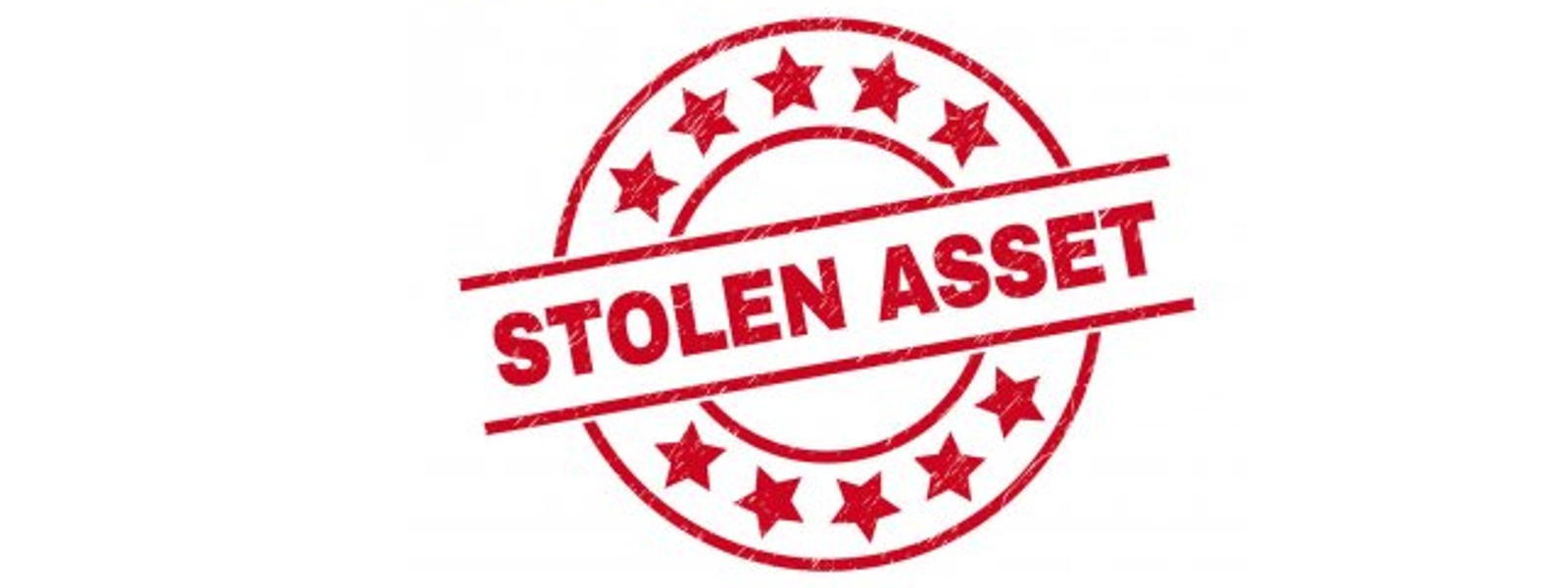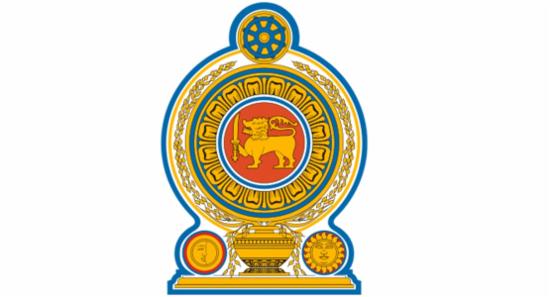.webp)

Recovering Stolen Assets - How & When ?
COLOMBO (News 1st); Frustrated citizens are chanting slogans at demonstrations demanding to bring back wealth stolen from the state coffers from overseas.
This raises concerns regarding how countries can repatriate wealth that are stolen or amassed through corrupt means.
The United Nations Convention Against Corruption signed by 140 countries including Sri Lanka in 2004 outlines two main methods of recovering stolen assets.
The two methods are taking legal action in courts, or entering into agreements with other countries that hold the stolen wealth.
Although the process is time taking, many countries have adopted these mechanisms to recover stolen wealth.
Nigeria had gone to court in Switzerland to recover 320 million US dollars stolen by Nigeria's former military leader Sani Abacha.
They had also signed agreements with US and Jersey to recover 300 million US dollars looted by the former leader.
Similarly, Uzbekistan had entered into an agreement with Switzerland to recover 115 million US dollars of stolen assets, which were looted by Gulnara Karimova, the daughter of a former Uzbek President.
Kazakhstan had signed an agreement with the US and Switzerland to set-up a foundation called BOTA to recover stolen assets.
At present, countries like Mozambique are passing laws to strengthen the process of recovering illicit assets.
Others like Kenya are confiscating assets at an increasingly rapid pace by signing agreements with countries that hold the stolen assets.
The World Bank says a country needs to strengthen its laws to make asset recovery and international cooperation easier. It adds that setting up specialized agencies for asset recovery, and providing them with enough resources is also vital.
Another crucial aspect would to provide sufficient training for lawyers and judges to handle matters relating to asset recovery.
Does Sri Lanka have adequate laws to implement the UN Convention Against Corruption?
Attorney-at-Law Nadishani Perera, who is the Executive Director of Transparency International Sri Lanka stated that discussions were underway with authorities to introduce legislation which would prevent this issue, however, such laws have not been established as concrete laws of Sri Lanka as of yet. "It is not impossible, but necessary" she added.
Governments have come to power in Sri Lanka repeatedly promising to end corruption.
Meanwhile, details of hidden wealth and assets that were exposed through the Panama and Pandora Papers continue to make the rounds even at present.
However, would it be enough to limit these matters to just slogans for election campaigns, remains a question, as the need of the hour is to formulate the relevant laws to repatriate the wealth and assets amassed illegally.
This is the expectation of the people.
Other Articles
Featured News





.png )
-797599_550x300.jpg)



-797569_550x300.jpg)
-797563_550x300.jpg)




-797273_550x300.jpg)



















.gif)